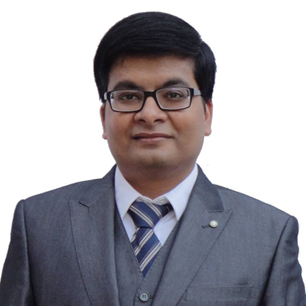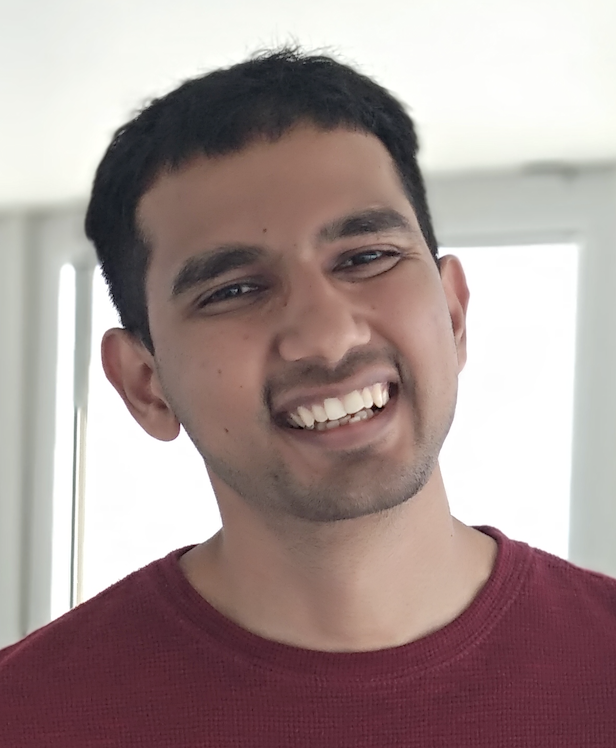DA623 Computing with Signals / Jan-May 2023
Updates
- May 03: New Lecture is up: Lecture-33-34 [slides]
Course Description
This is an advanced course with a mix of learning, doing and presenting. The course content is divided into four parts. Three of these will focus on teaching the concepts and methods related to signal processing & machine learning, and drawing the links between them. To encourage learning by doing and to make the class interactive, the fourth part of the course will focus on development and research. This will include pursuing a project and presenting a paper from the literature. The course is meant for students who intend to learn signal processing from an interdisciplinary perspective. A student completing the course will be able to design and discuss solutions to real-world problems in the areas of audio, image, brain-computer interfacing, and atmospheric applications.
Course Contents
Part-1: Foundations of Signal Processing
- Introduction to (recorded) signals
- Human perception of signals: hearing, vision and brain
- Signal representations: continuous, Fourier series, Taylor series, sampling, discrete-time, and basis functions
- DSP Methods: LTI system, convolution, DFT, DCT
Part-2: Advance Signal Processing
- Time-frequency analysis
- Spectral Estimation, Filtering, artifacts, and Kalman Filtering
- Compressive Sensing
Part-3: Machine Learning on Signals
- Dictionary Learning
- Dimensionality Reduction: Concept and approaches
- Modelling: What is a model? Why use a model? What are types of models?
- Model fitting using deterministic and probabilistic approaches
- Classifiers: Logistic regression to DNNs, and ending at CNNs
Part-4: Hands-on Development & Research
- Project: Pursued by students - Runs through out the course - Topics: Theory and Applications of SP and ML
- Paper: Pursued by students - Paper Reading and Understanding - Critiquing through Presentation
Helpful Pre-requisites
- Curiosity about signals, and building applications using them
- Introduction to one or more subjects related to Random Process, Linear Algebra, and Signals & Systems
- Familiarity with Python Programming or ready to learn parallely
Logistics
Open Elective: For B.Tech (3rd and 4th year)/ M.Tech Students/ Ph.D. Scholars
Class Room: To be announced
Timings: Slot B (Mon 10-10:55 AM, Thr 09-09:55 AM, and Fri 09-09:55 AM)
Please visit this page regularly for updated information on the course.
Instructors
Teaching Assistants

Anupam M

Vikky Masih

